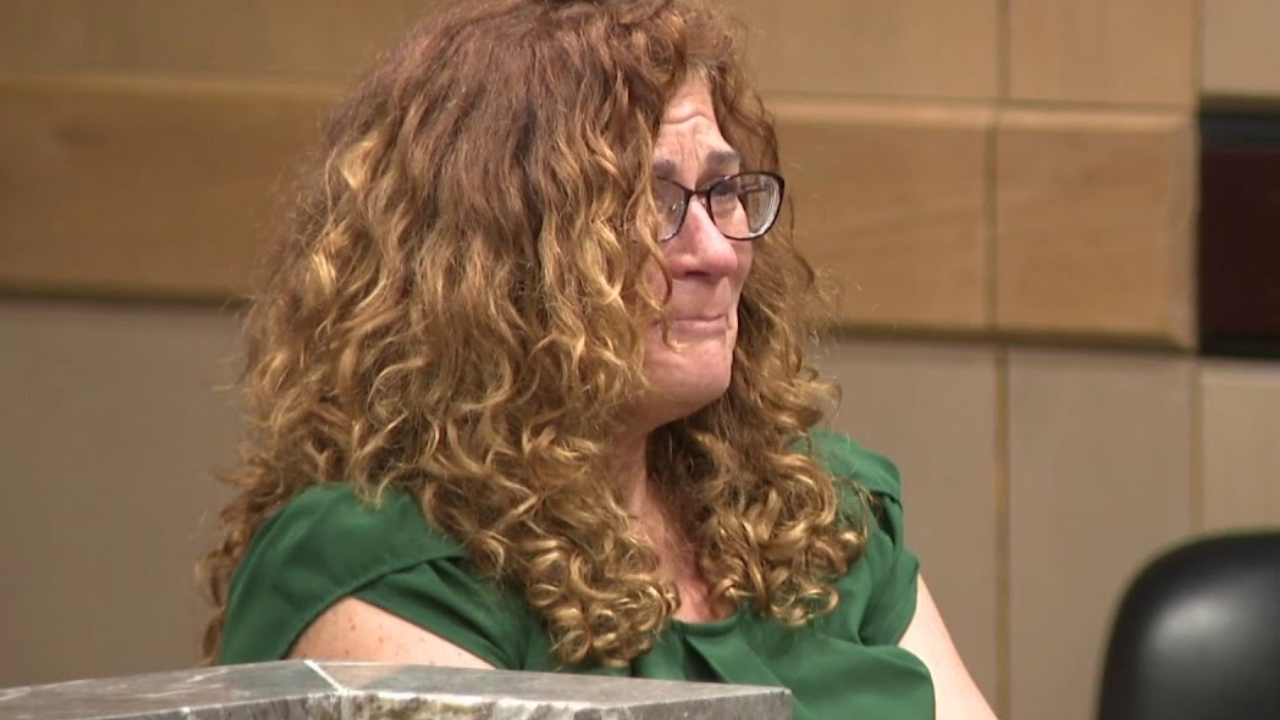Pocatello News Post – In a poignant and emotionally charged courtroom scene in Florida, Ana Verastegui, a woman whose life was irrevocably altered due to a tragic incident of drunken driving, stood resolute as she confronted Shana Soto, the driver responsible for her profound suffering. The confrontation unfolded during Soto’s sentencing hearing, following her admission of guilt for driving under the influence in November 2021.
On that fateful day, Soto’s reckless decision to drive while intoxicated led to a catastrophic crash that forever changed Verastegui’s life. Soto’s vehicle, veering off its path due to her impaired state, mounted the curb and encroached onto the sidewalk, striking Verastegui with such force that she was hurled 10 feet from her seated position at an outdoor dining area.
The impact resulted in injuries so severe that Verastegui lost the lower parts of both legs, necessitating a grueling journey of rehabilitation and adjustment to a new reality defined by mobility challenges and emotional trauma. During the sentencing, Verastegui faced Soto, embodying a visage of strength and resolve despite her profound losses.
Her words to Soto were stark and unwavering: “I do not forgive her.” This declaration underscored the depth of pain and the irreparable nature of the harm inflicted upon her. Verastegui’s partner, Marcelo Santolalla, also voiced his anguish, recounting the horror of the moment and the immediate aftermath of the crash, highlighting the gravity of Soto’s actions.
Florida woman who had both legs amputated after drunken crash confronts driver at sentencing:
— The Messenger (@TheMessenger) January 28, 2024
"I do not forgive her" https://t.co/gg2MPrtNgZ
Read More News: Child Killer Who Killed 3-Year-Old Will Be Released Unless Gov. Newsom Overturns Parole Board!
The Future of Road Safety: California’s Legislative Push for Speed-Limiting Technology!
The court ultimately sentenced Soto to four years in prison, followed by a decade of probation, a legal reckoning for her actions. However, the sentence, while reflective of the legal system’s judgment, could scarcely encapsulate the full extent of the emotional and physical toll exacted on Verastegui and her loved ones.
This case starkly highlights the devastating consequences of impaired driving, serving as a grim reminder of the lives forever altered in the wake of such reckless decisions. It also brings to the forefront the complex interplay of justice, accountability, and the search for closure among those who bear the scars of such tragedies.

